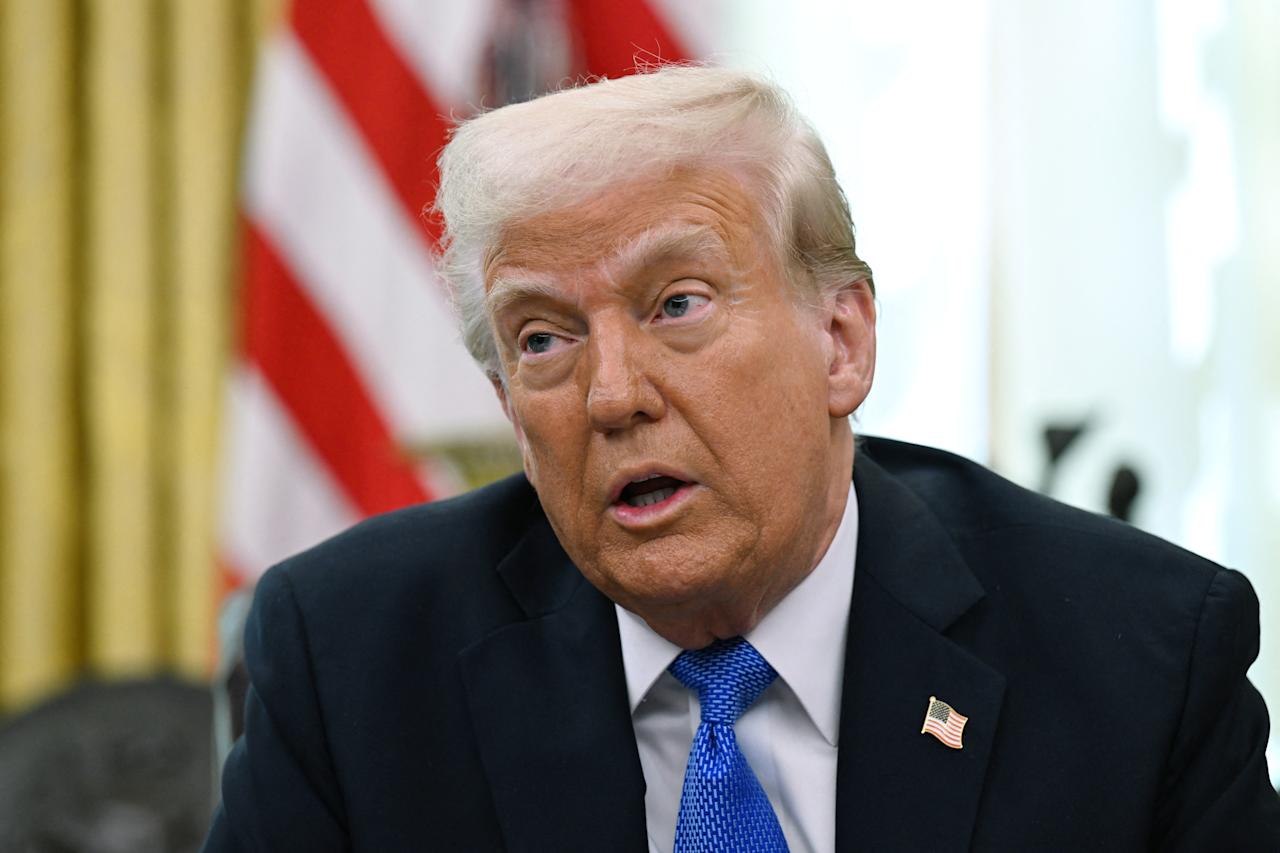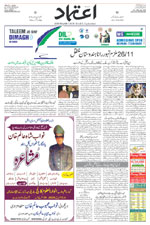Modi set for reelection after surprise state poll victory
Wed 15 Mar 2017, 18:26:55
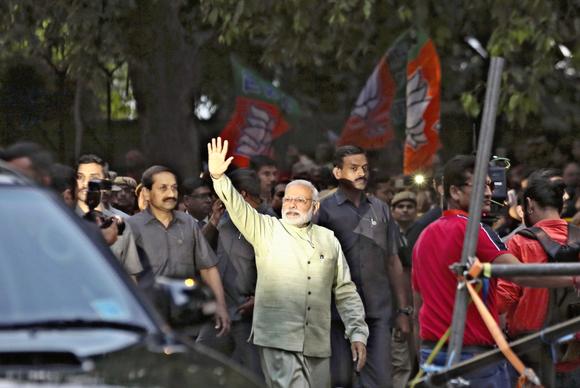
The overwhelming victory of Indian Prime Minister Narendra Modi's Bharatiya Janata Party in local elections in Uttar Pradesh, India's most populous state, means that Modi will have strong backing for the second half of his term in New Delhi. He is also unlikely to face significant opposition in the next national election in 2019.
Modi managed to turn the state assembly election in Uttar Pradesh, where his party was previously in a minority, into an endorsement of his personal popularity, despite criticism of his government's record since it took office in 2014. Demonetization -- Modi's controversial withdrawal of large denomination banknotes amounting to 86% of all notes in circulation -- was expected to dominate the campaign and hurt his popularity.
Modi managed to turn the state assembly election in Uttar Pradesh, where his party was previously in a minority, into an endorsement of his personal popularity, despite criticism of his government's record since it took office in 2014. Demonetization -- Modi's controversial withdrawal of large denomination banknotes amounting to 86% of all notes in circulation -- was expected to dominate the campaign and hurt his popularity.
It did not play out that way, in part because many Uttar Pradesh voters live a world of small currency notes -- or even in a world where the money economy is irrelevant. For example, in the village of Haraiya Basti, east of Lucknow, the state capital, poles line the dusty dirt road but there are no wires. Electricity has yet to arrive.
The village barber said his daily income has dropped from 200 rupees a day to 50 because of the cash shortage caused by demonetization, though it is slowly recovering. A woman whose husband is in Mumbai, (and has taken the family cell phone with him), said she does not understand what demonetization was about. Micro finance lenders report soaring defaults because their borrowers have seen their earnings vanish.
Responses like these do not seem to have damaged Modi, however. The prime minister, who says demonetization was aimed at tax avoiders holding large amounts of cash, has convinced the poorer residents of the state that the policy was implemented to help them. "He may have hit us in one eye but he hit the rich in two eyes," said another villager.
Since Modi hails from one of India's lower castes, these villagers think he is one of them, fighting for them against the privileged upper castes; for the poor against rich. Modi is able to persuade voters to identify with him by stressing that he shares their humble roots. "I want you to come with me on this journey," he says. "My strength is your strength."
When Modi brought up demonetization at a packed rally under the hot sun in Deoria, near the state's eastern border with neighboring Bihar, the crowd cheered. The prime minister's promises to create local jobs for the unemployed and underemployed, to pardon loans (a perennial issue for the indebted sugar farmers of the area), and to improve law and order are exactly what the crowds wish to hear.
By contrast, the defeated state chief minister, Akhilesh Yadav, talked in his rallies about what he has done to improve infrastructure in Uttar
Pradesh. Yadav, president of the Samajwadi Party, which ruled the state in an alliance with the Congress Party, has built an impressive highway from Lucknow to Agra, home of the Taj Mahal, in the far west of the state. He has also started construction of a metro system in Lucknow, and improved law and order by establishing emergency telephone helplines.
Bridging the Ganges
But much of this is almost irrelevant to many residents of the state. Infrastructure remains poor, and with those few exceptions, has not been upgraded in decades. It takes hours longer than it should for most travelers to reach Varanasi, a sacred Hindu city on the banks of the River Ganges, in the southeast of the state, for lack of a bridge across the water.
A bridge started 13 years ago remains half completed, leaving cars, trucks and tractors to cross a makeshift pontoon bridge, where they often become mired in the deep sand bars that straddle the river, blocking access for other traffic. It can take hours to pull them out. The most reliable way across is to be rowed by a nearby boatman.
Big ticket infrastructure projects such as metro systems and fast trains are far from the priorities of villagers, who may own bicycles or motor scooters but are unlikely ever to drive on the highway, or even to visit Lucknow. For them, development is not about better infrastructure tomorrow -- it is about jobs today for unemployed young people, and early cancellation of loans to indebted farmers. Modi speaks their language.
Opposition to the prime minister is more pronounced among Muslims, who account for 19% of the population of Uttar Pradesh. Many believe he is playing the "communalist" card, trying to consolidate the Hindu vote through anti-Muslim rhetoric and actions. When BJP politicians talk about how Hindus should have cremation grounds equivalent to the space given to Muslim graveyards, and Modi delays condemnation of killings of Muslims by Hindus, including in Uttar Pradesh, their fears grow, and that affects how they view wider government policies.
For example, in the carpet-weaving village of Kuchchua Bazaar, close to Varanasi, it takes three men working for two months to make a carpet of nine or 10 sq. meters. Their incomes have dropped from 400 rupees a day to 150 or 200 as a result of the lack of money in circulation. Unlike the Hindu barber in Haraiya Basti, however, they blame Modi's demonetization for their difficulties.
But Muslims are a minority, and even they must share the hope that Modi will do for Uttar Pradesh what he has done for Gujarat, his home state, which is far more industrialized. In the past, Modi and his associates could blame the state government in Lucknow for the lack of progress in Uttar Pradesh. Going forward, they will not have that excuse.
No Comments For This Post, Be first to write a Comment.
Most viewed from National
Most viewed from World
AIMIM News
Latest Urdu News
Most Viewed
May 26, 2020
Do you think Canada-India relations will improve under New PM Mark Carney?
Latest Videos View All
Like Us
Home
About Us
Advertise With Us
All Polls
Epaper Archives
Privacy Policy
Contact Us
Download Etemaad App
© 2025 Etemaad Daily News, All Rights Reserved.

.jpg)
.jpg)
.jpg)
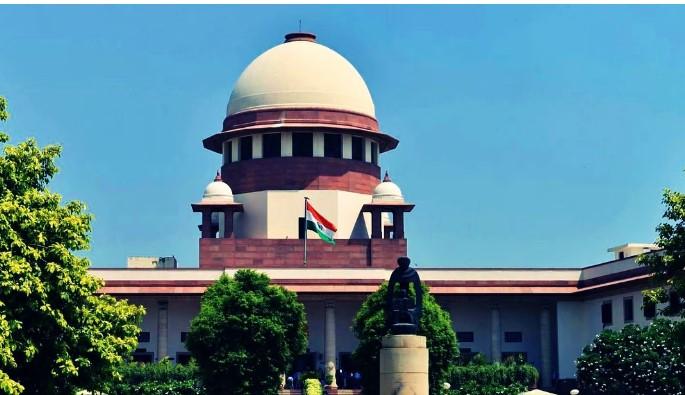
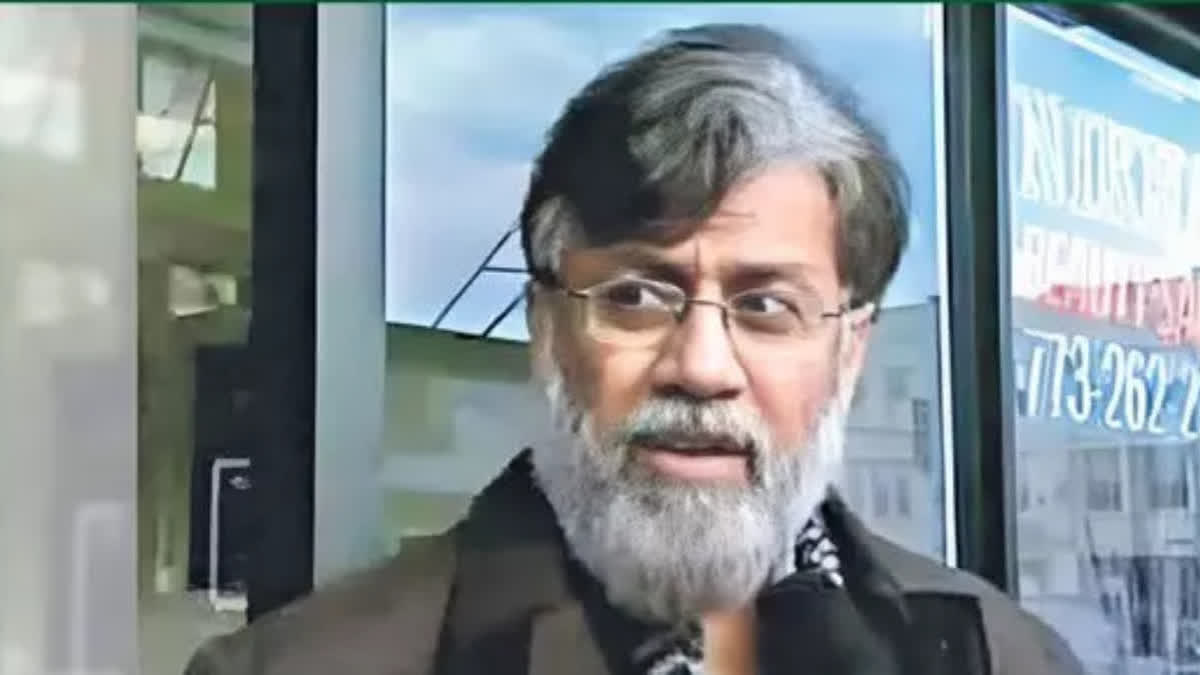
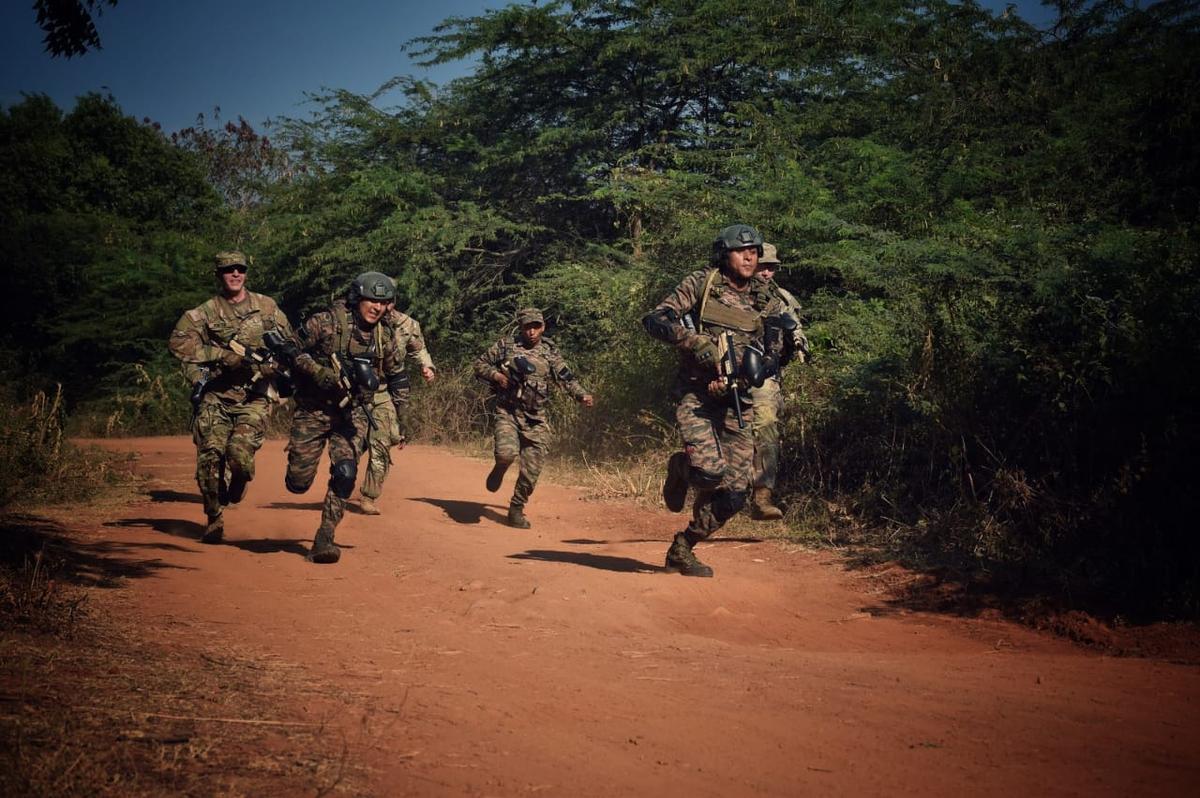
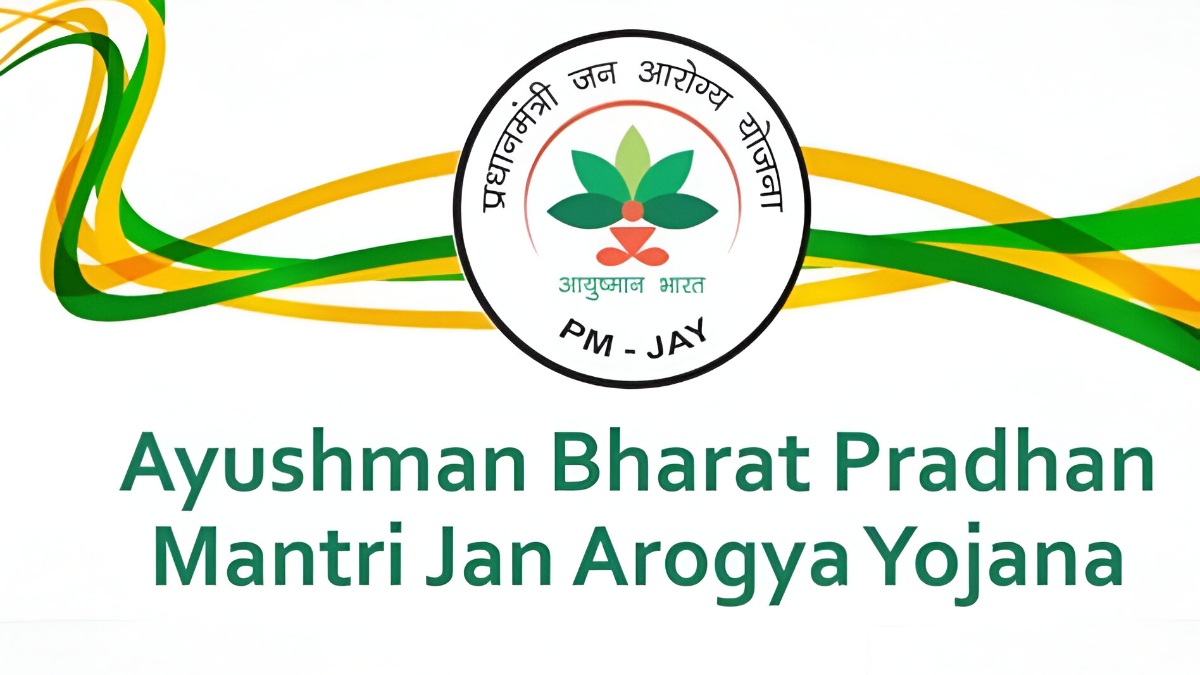
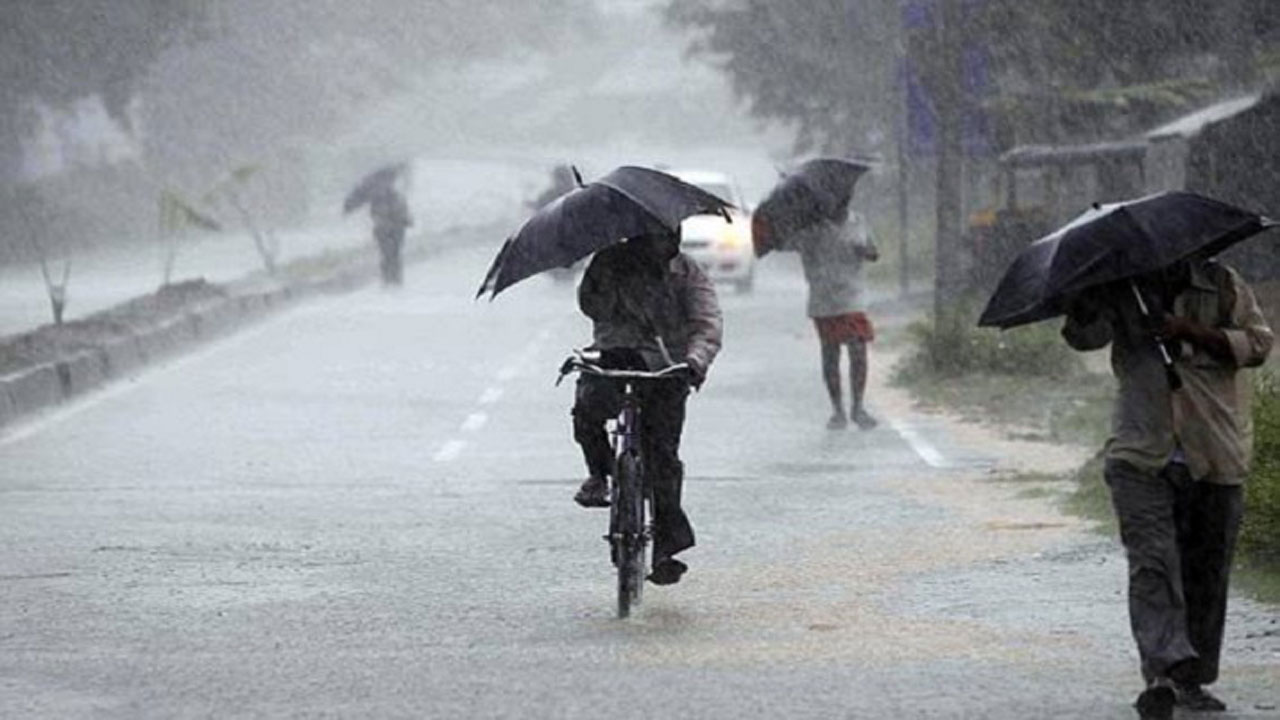
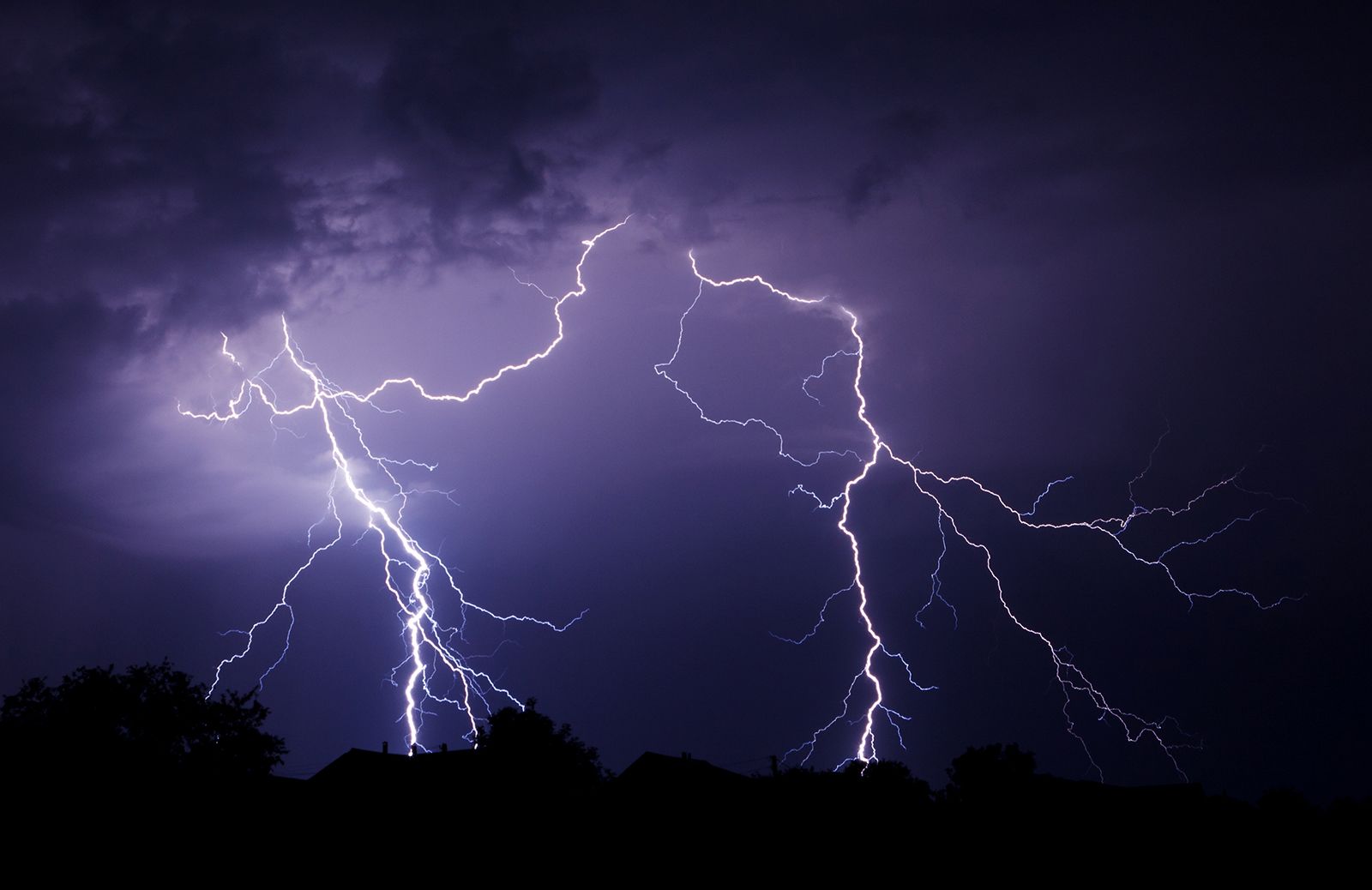
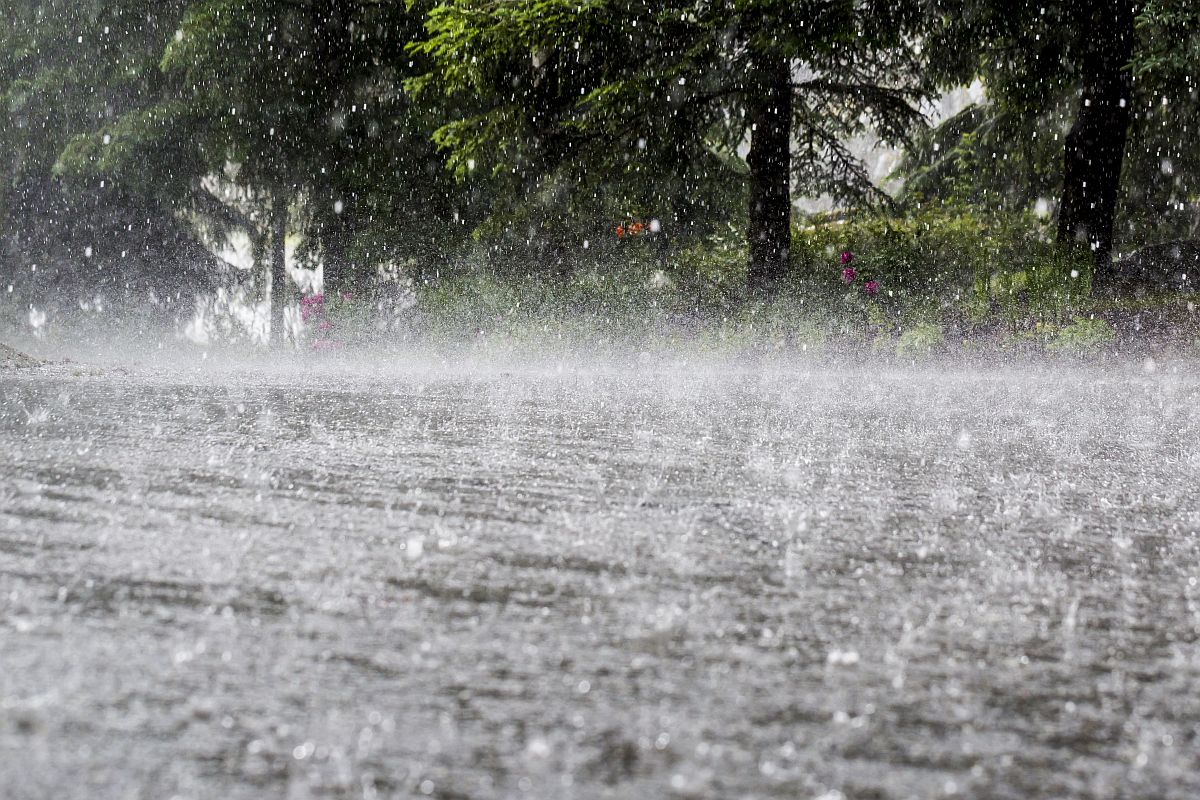
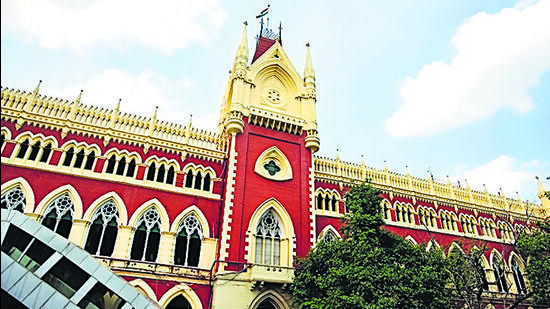
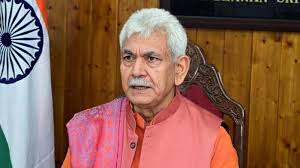
.jpg)
.jpg)
.jpg)
.png)
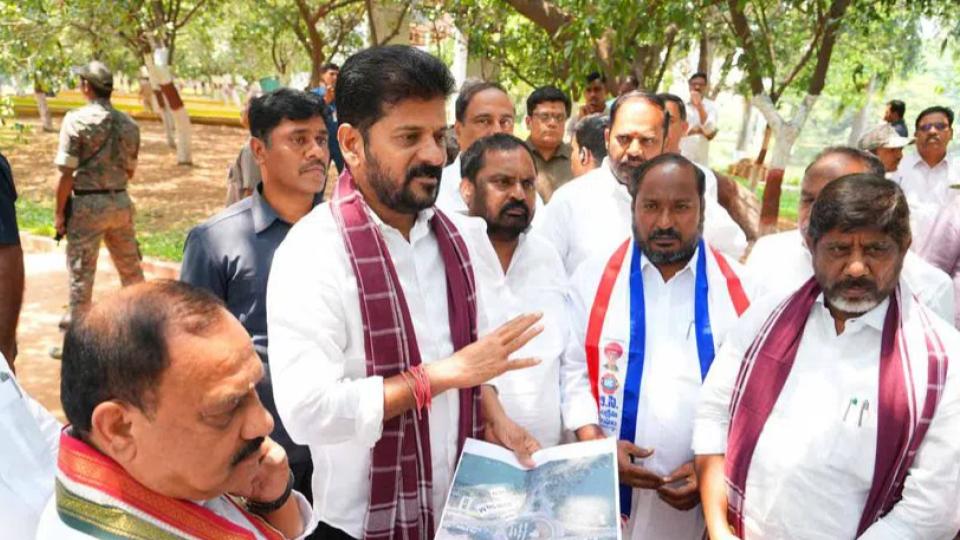
.jpg)
.jpg)
.jpg)
.jpg)
.jpg)
.jpg)
